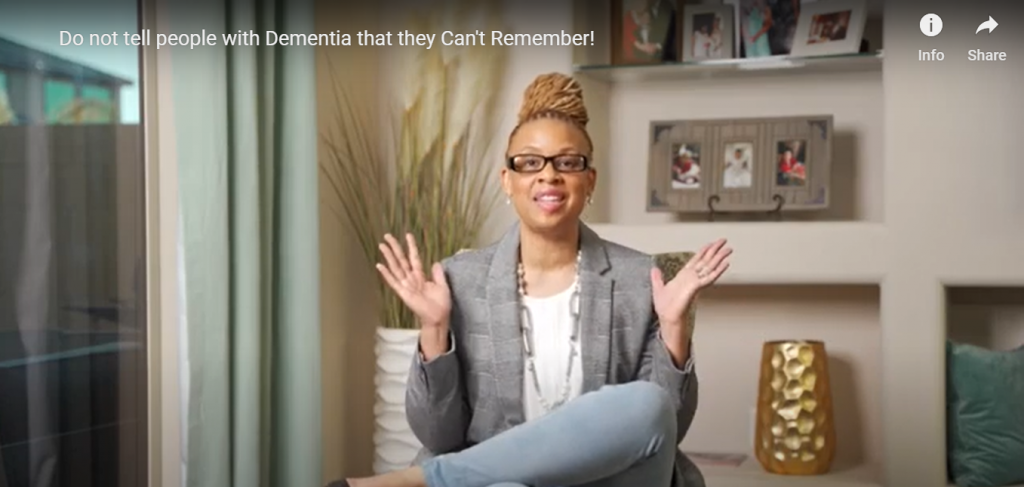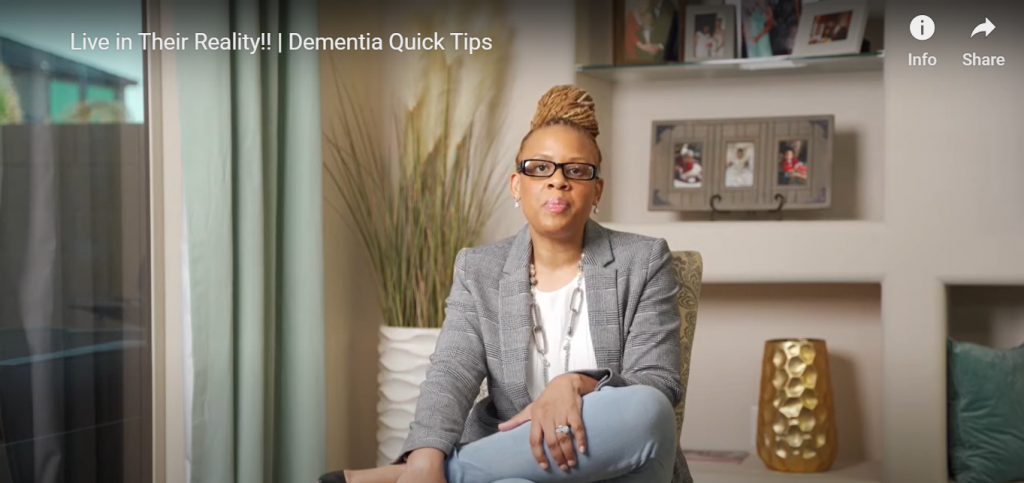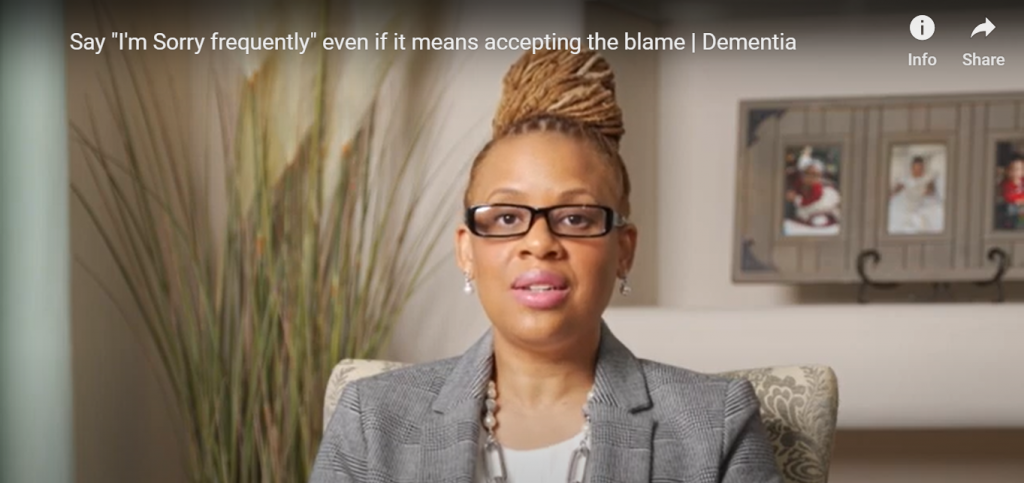
The Importance of Effective Communication with Dementia Patients
In the realm of dementia care, the role of effective communication is paramount. It serves as the bridge that connects caregivers and individuals with dementia, creating an atmosphere of understanding, respect, and comfort. This article will explore the intricacies of communicating with dementia patients, focusing on practical tips and the transformative power of thoughtful interaction.
Why Effective Communication Matters:
1. Creating a Positive Atmosphere: The language we use and how we express ourselves significantly influence the atmosphere around people with dementia. Using short, simple phrases aids in comprehension, making communication more accessible for individuals grappling with cognitive challenges. Moreover, being attuned to one’s tone and body language is crucial—these non-verbal cues can either soothe or agitate, shaping the overall emotional experience of the person with dementia.
2. Energy Transfer: Individuals with dementia are susceptible to the energy and emotions of those around them. Positive communication can catalyze a more uplifting and comfortable environment, potentially alleviating stress and enhancing overall well-being.
3. Empowering Choices: Preserving a sense of autonomy is crucial for individuals with dementia. By offering choices in daily activities, caregivers can empower their loved one(s) to feel a sense of control over their lives. This enhances their self-esteem and contributes to a more positive and cooperative interaction.
Real-Life Example: Sarah’s Story
In a small care facility, Sarah, a woman diagnosed with dementia, faced daily challenges. The caregivers observed that providing her with too many clothing options overwhelmed her. Adjusting their approach, they presented her with two choices – a vibrant purple shirt and a soft pink one. By integrating simple communication techniques, like offering limited choices or using yes or no questions, the caregiver empowered her loved one to participate in daily decisions. As a result, her loved one felt a renewed sense of control and engagement in her own life.
Practical Tips for Communicating with People with Dementia
1. Use short, simple phrases: Individuals with dementia may have difficulty processing complex or lengthy information. To facilitate effective communication, keep your sentences short and straightforward. Avoid using jargon, technical terms, or long-winded explanations.
2. Maintain a calm and reassuring tone: Your tone of voice can significantly impact how a person with dementia responds. Speak in a gentle, calm, and reassuring tone. Avoid raising your voice or sounding impatient, even if the person has trouble understanding or responding. A soothing tone can help reduce anxiety and foster a sense of safety.
3. Pay attention to your body language: Non-verbal communication is just as important as spoken words. Maintain eye contact when speaking, showing that you are engaged and attentive. Use open and friendly body language, such as a smile, to convey warmth and approachability. Avoid crossing your arms or displaying signs of frustration; this may lead to confusion or distress.
4. Ask yes or no questions: Navigating open-ended questions can be overwhelming for dementia patients. Opting for yes or no questions simplifies communication, making it easier for them to respond. To simplify communication, frame questions that can be answered with a “yes” or “no.” For example, “Would you like some orange juice?” If you frequently hear the word No, make a choice and place it in front of them.
5. Provide limited options for decision-making: When asking the person to make choices, offer at most two options at a time. For instance, instead of asking the open-ended question, “What would you like for lunch?” ask, “Would you like soup or a sandwich for lunch?”” Offering limited choices makes it easier for the person to express their preferences and participate in decision-making. This approach reduces confusion and minimizes the cognitive load, making it easier for them to make decisions.
Conclusion
Effective communication with people with dementia is vital for their well-being, dignity, and autonomy. Caregivers can make a significant difference in the lives of those with dementia by using simple communication techniques that reduce anxiety and promote positive interactions. By understanding the importance of communication and incorporating these strategies into caregiving, we can provide the best possible support to our loved ones living with dementia.



